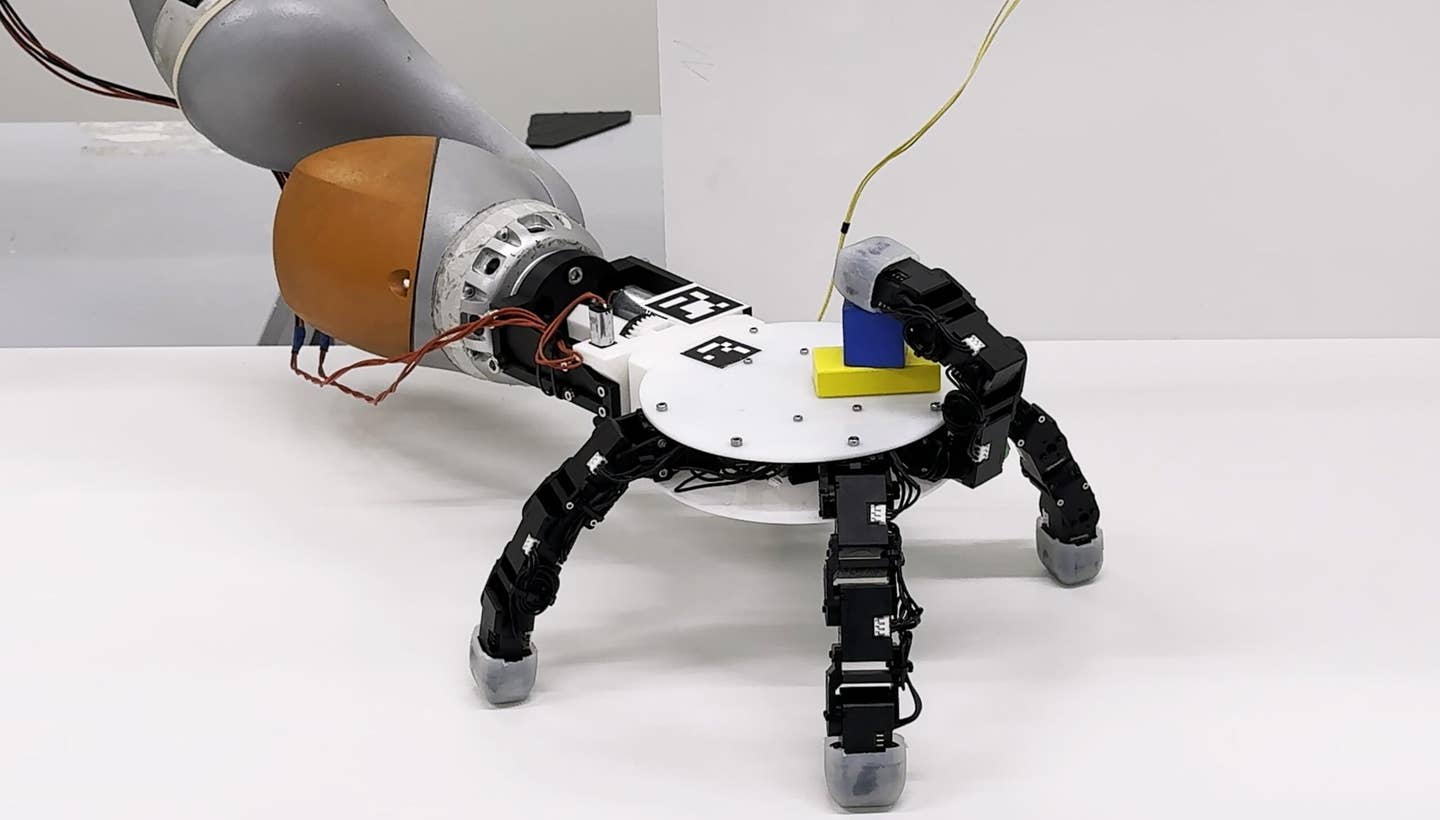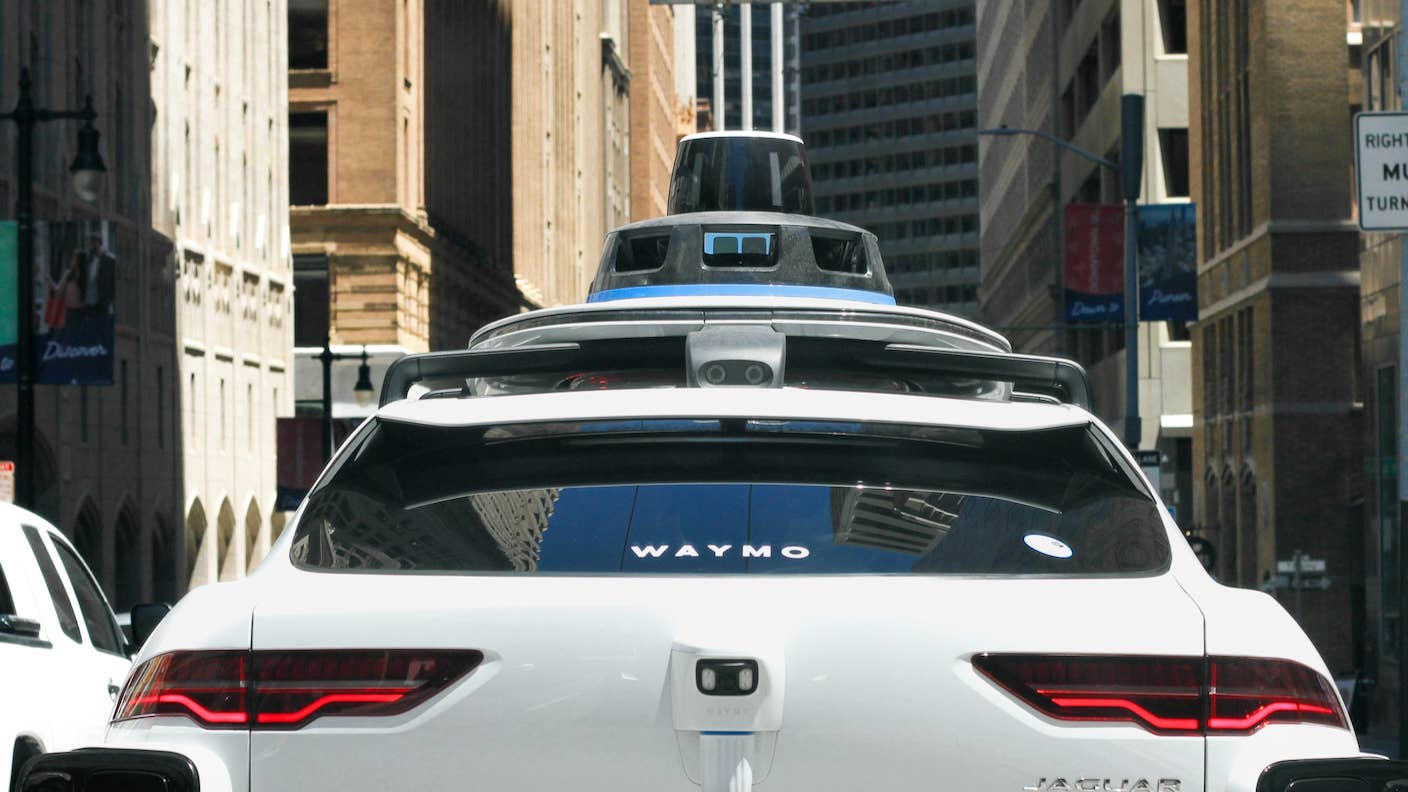Burger Robot Poised to Disrupt Fast Food Industry

Share
I saw the future of work in a San Francisco garage two years ago. Or rather, I was in proximity to the future of work, but happened to be looking the other direction.
At the time, I was visiting a space startup building satellites behind a carport. But just behind them—a robot was cooking up burgers. The inventors of the burger device? Momentum Machines, and they’re serious about fast food productivity.
“Our device isn’t meant to make employees more efficient,” cofounder Alexandros Vardakostas has said. “It’s meant to completely obviate them.”
The Momentum burger-bot isn’t remotely humanoid. You can forget visions of Futurama’s Bender. It’s more of a burger assembly line. Ingredients are stored in automated containers along the line. Instead of pre-prepared veggies, cheese, and ground beef—the bot chars, slices, dices, and assembles it all fresh.
Why would talented engineers schooled at Berkeley, Stanford, UCSB, and USC with experience at Tesla and NASA bother with burger-bots? Robots are increasingly capable of jobs once thought the sole domain of humans—and that's a huge opportunity.
Burger robots may improve consistency and sanitation, and they can knock out a rush like nobody’s business. Momentum's robot can make a burger in 10 seconds (360/hr). Fast yes, but also superior quality. Because the restaurant is free to spend its savings on better ingredients, it can make gourmet burgers at fast food prices.
Or at least, that’s the idea.
Momentum Machines says your average fast food joint spends $135,000 a year on burger line cooks. Employees work in a chaotic kitchen environment that necessitates no-slip shoes in addition to the standard hairnets and aprons.
By replacing human cooks, the machine reduces liability, management duties, and, at just 24 square feet, the overall food preparation footprint. Resources once dedicated to preparation can instead fund better service.
Of course, businesses are free to spend their savings however they like.
For some, that may mean more quality ingredients or services. For others, it might be competing with other restaurants by maintaining the same level of service and ingredients but offering even lower food prices.
But Momentum Machines' burger-bot isn’t provocative for its anticipated effects on fast food quality. The bot, and other robots like it, may soon replace low-skilled workers in droves. If one machine developed in a garage in San Francisco can do away with an entire kitchen of fast food staff—what other jobs are about to disappear?
Earlier this year, McDonalds employees protested outside the fast food chain's corporate headquarters in Chicago, demanding higher wages. A robotic kitchen might bring improved pay for the front of the house, and a pay cut to zero for the back. Some fraction of the 3.6 million US fast food jobs might be automated by such technology.
While the burger-bot hasn’t taken anyone’s job yet, Momentum Machines is clearly sensitive to the worry. The firm says they want to help support those who may lose work as a direct effect of restaurants adopting the robot.
“We want to help the people who may transition to a new job as a result of our technology the best way we know how: education.”
As new technology destroys one kind of job, it creates opportunities for others. We’ll need fewer line cooks, they say, but more engineers and technicians. The problem isn’t that jobs are lost on net, it’s the resulting skills gap. Transitioning into new work can be difficult to navigate, especially for low-wage workers.
Be Part of the Future
Sign up to receive top stories about groundbreaking technologies and visionary thinkers from SingularityHub.


Momentum Machines wants to help ease the move by partnering with vocational schools to offer discounted technical training for anyone displaced by their robot. Their goal is indicative of the overall tenor of an increasingly heated debate about how AI and robot employment may reduce human employment in the near future.
In a recent Pew Survey, some 1,900 technology experts agreed that robots will be a pervasive part of daily life by 2025. Automation will infiltrate industries like health care, transport and logistics, customer service, and home maintenance.
However, those polled were split on whether the impending wave of automation would be good or bad for workers: 52% believe AI and robotics will be a net positive for employment, and 48% believe the opposite.
The typical line of reasoning from the positive camp is that we’ve consistently been shedding “traditional” jobs and replacing them with brand new modes of work for the last few hundred years. In the early decades of the 20th century, most people were farmers or factory workers. Now, thanks to huge technological productivity gains, agricultural and factory workers are about 2% of the workforce respectively.
Has this resulted in massive unemployment? Quite the opposite. A profusion of new jobs that didn’t exist back then and were unimaginable to even the far-sighted have taken their place. Further, the quality of life for most people has improved drastically. This is what history indicates should happen again with advanced AI and robots.
The negative camp is less sure our technological creations will prove to be a good thing overall. They say something's different this time.
Two MIT economists associated with the topic of technological unemployment, Eric Brynjolfsson and Andrew McAfee, have written two books on the subject. They think robots more advanced than Momentum Machines’ burger cook will soon arrive, and while they will be a force for good in the long run, they’ll displace human workers and cause strife well before we get there.
The problem isn’t that new jobs won’t be created, but that the looming transition period will be more difficult to navigate because the speed, depth, and breadth of the change will be unrivaled.
Might companies like Momentum Machines offering to foot some of the bill to retrain workers be the solution? Maybe. Others think we'll need more drastic policies, like a guaranteed minimum income. But perhaps we’re already better equipped to adapt to leaps in automation and productivity today and in the near future than we realize.
Today’s work force is as flexible as it's ever been. We can more easily search job opportunities online; we’re less geographically limited; we have quick access to masses of information; we can earn technical degrees and certificates online; and many people already cycle through multiple roles in multiple industries during their careers.
That's not to say automation won't present challenges for some people. It always has. And the topic will almost undoubtedly get more politically divisive from here. But the burger-bots are coming, and we think the net result over time will be as positive in the coming decades as it has been time and again over the last two centuries.
Jason is editorial director at SingularityHub. He researched and wrote about finance and economics before moving on to science and technology. He's curious about pretty much everything, but especially loves learning about and sharing big ideas and advances in artificial intelligence, computing, robotics, biotech, neuroscience, and space.
Related Articles

This ‘Machine Eye’ Could Give Robots Superhuman Reflexes

This Robotic Hand Detaches and Skitters About Like Thing From ‘The Addams Family’

Waymo Closes in on Uber and Lyft Prices, as More Riders Say They Trust Robotaxis
What we’re reading
